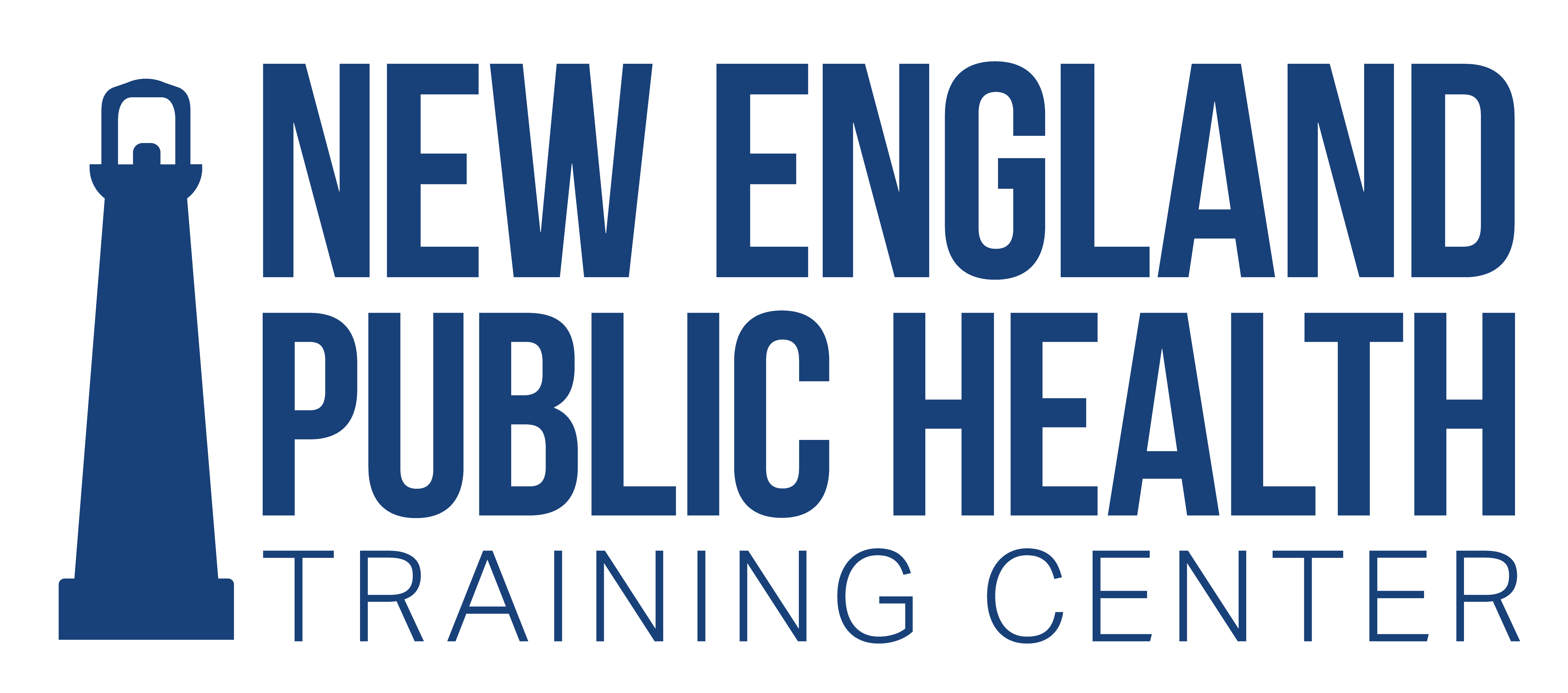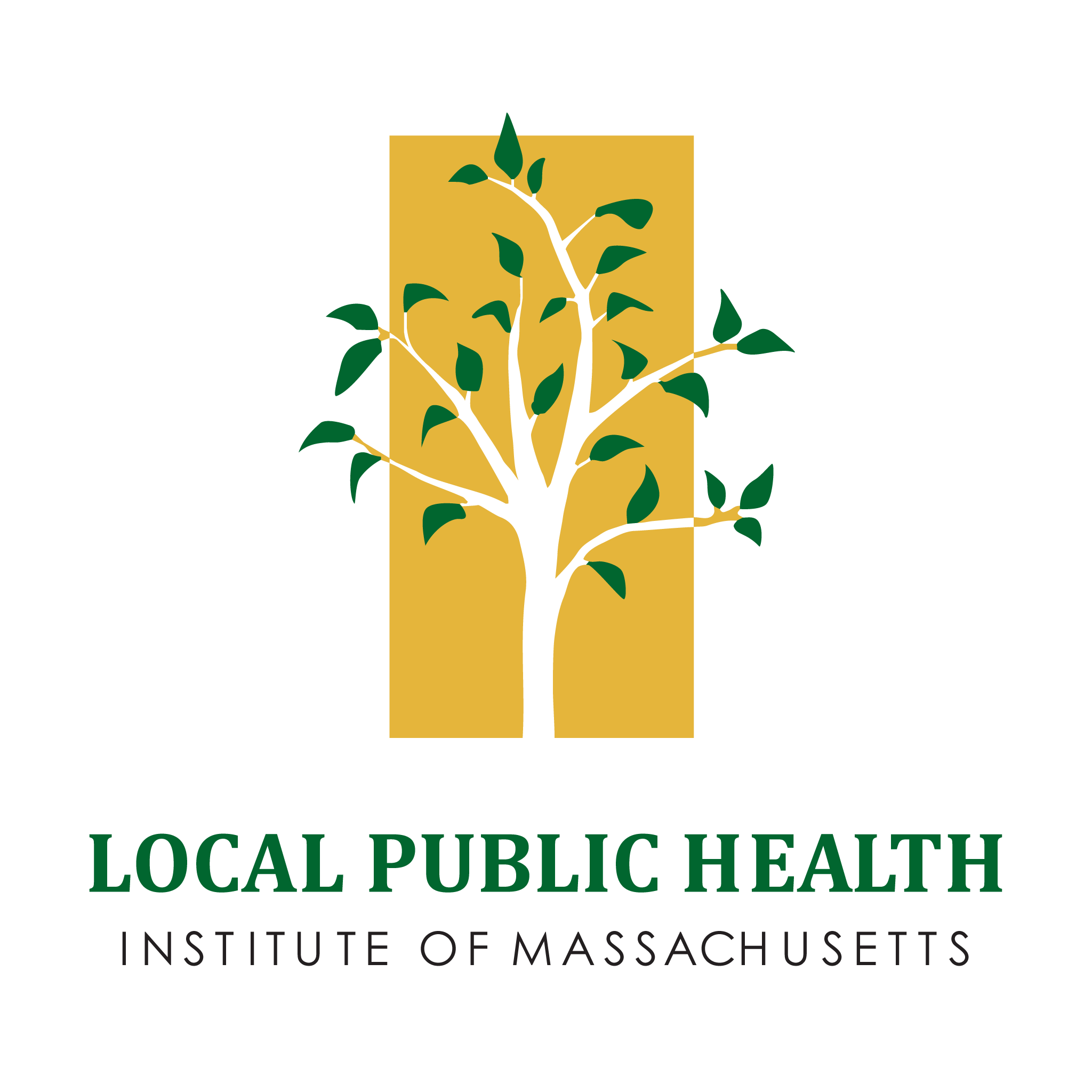
Course Information
- Audience: Heads of local or regional health departments and managers or directors in city or state public health agencies in Massachusetts; managers of community organizations may also find valuable
- Format: Recorded Online Webinar
- Date/Time: December 13, 2016, 9:00-11:00am (Eastern Time)
- Price: Free
- Length: 1 hour and 23 minutes
- Credential(s) eligible for contact hours: Certificate of Completion
- Competencies: Policy Development and Program Planning Skills
- Learning Level: Performance
- Supplemental materials: PowerPoint
- Technical Requirements: Modern web browser, such as Internet Edge, Chrome, Firefox, or Safari. Speakers or headphones
- Companion Training: Managing Effectively in Today's Public Health Environment
- Pre-requisites: None
About this Webinar
What is the history of the labor movement up to current times? What national laws do you need to know relative to labor? What are Local Boards of Health permitted to do under Chapter 111 Sec 27? What are collective bargaining agreements and how do they fit (or don’t fit) into Local Board of Health management practices? How can job descriptions contribute to organizational effectiveness? Learn about collective bargaining from the experts.
What you'll learn
At the end of the course, participants will be able to:
- Summarize the history of the U.S. labor movement from the late 1800s through the mid-1950s
- Describe three provisions of two U.S. labor laws (National Labor Relations Act of 1935 and the Labor Management Relations Act of 1947)
- List three things MGL Ch 111 s27 allows LBOH to do
- Apply collective bargaining agreement provisions to a situation where a workforce reduction involves union employees
- List three ways well-written job descriptions contribute to individual effectiveness, and two ways they contribute to organizational effectiveness
- Apply MGL Ch 111 s27 and local personnel by-laws to situations where employees are hired and fired
Subject Matter Expert

Cheryl Sbarra
Senior Staff Attorney,
Massachusetts Association of Health Boards
Registration and Contact Hours
Select the Enroll button below to register for this webinar. If you have any trouble accessing the webinar, contact trainingmanager@nephtc.org.
The Certificate of Completion will include the length of the webinar. Generally 50 – 60 minutes is equivalent to 1 contact hour. Contact hours may be applicable towards continuing education requirements for certain credentials. Check with your credentialing body to verify if the topic meets its continuing education requirements.



